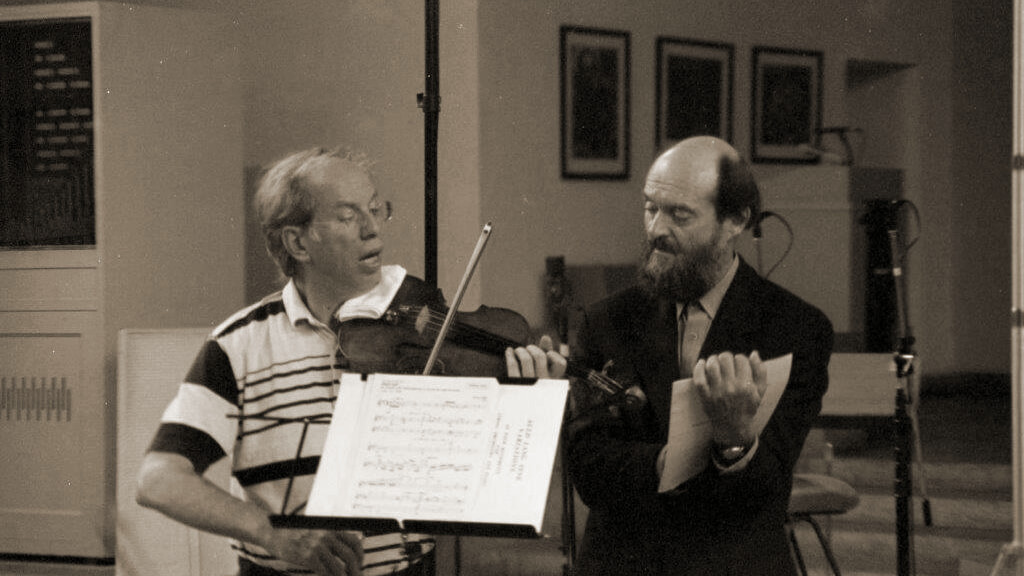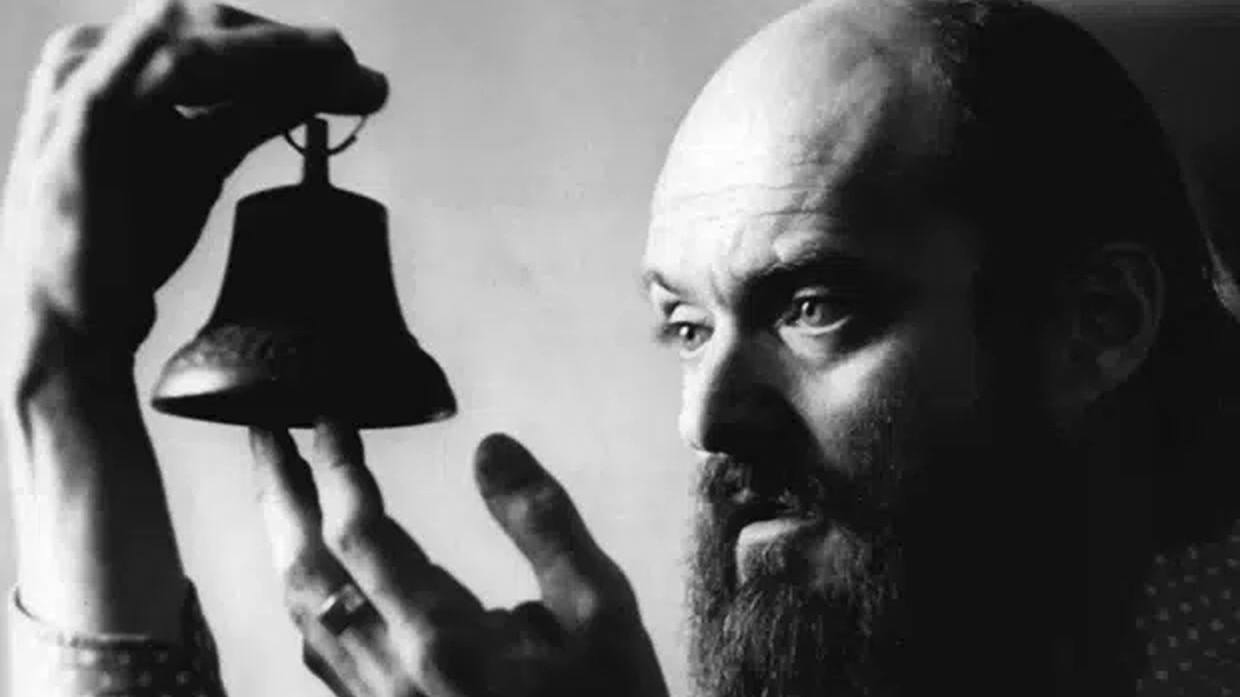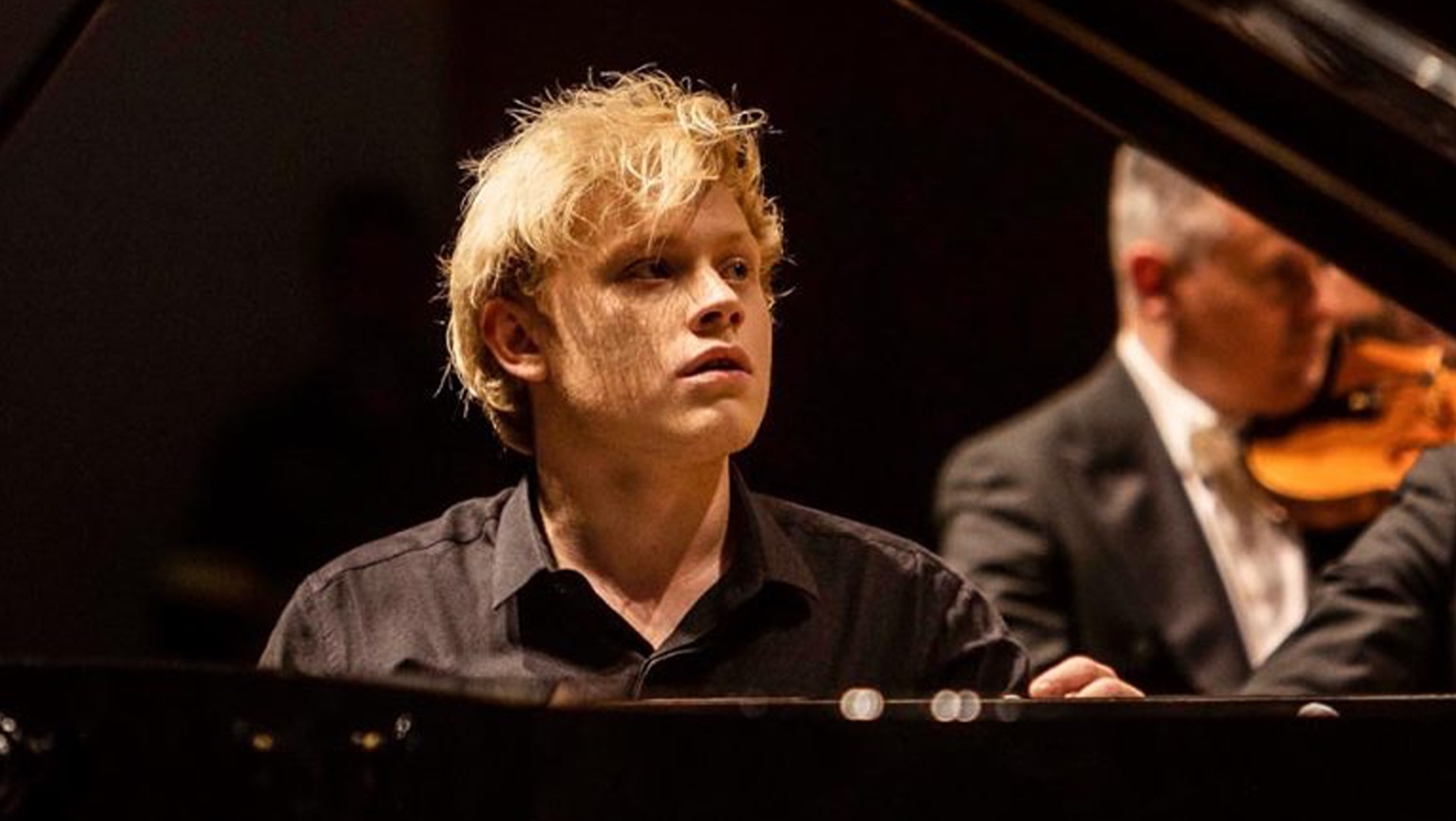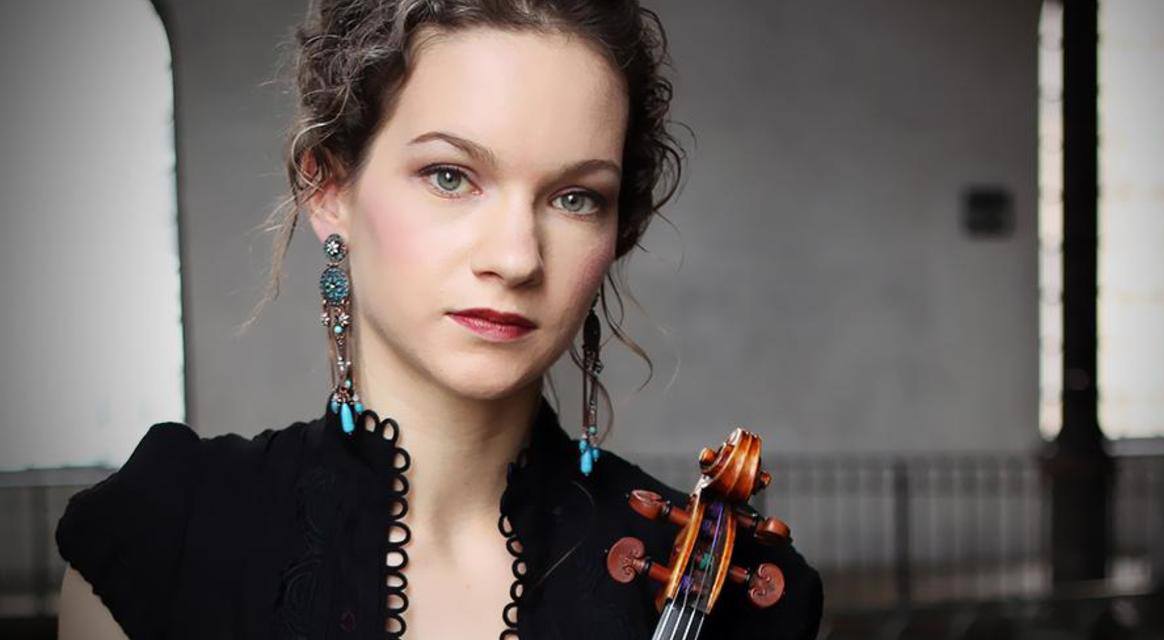Arvo Pärt’s “Fratres”: Activity and Stasis
Fratres, meaning “brothers” in Latin, has been described as “a mesmerizing set of variations on a six-bar theme combining frantic activity and sublime stillness.” Composed in 1977 by Estonian composer Arvo Pärt (b. 1935), Fratres is set in three parts, without fixed instrumentation. With the serene timelessness of medieval organum, a chant-like melody floats over a drone made up of the pitches A and E. A percussive motif recurs between chord sequences. The structure …







